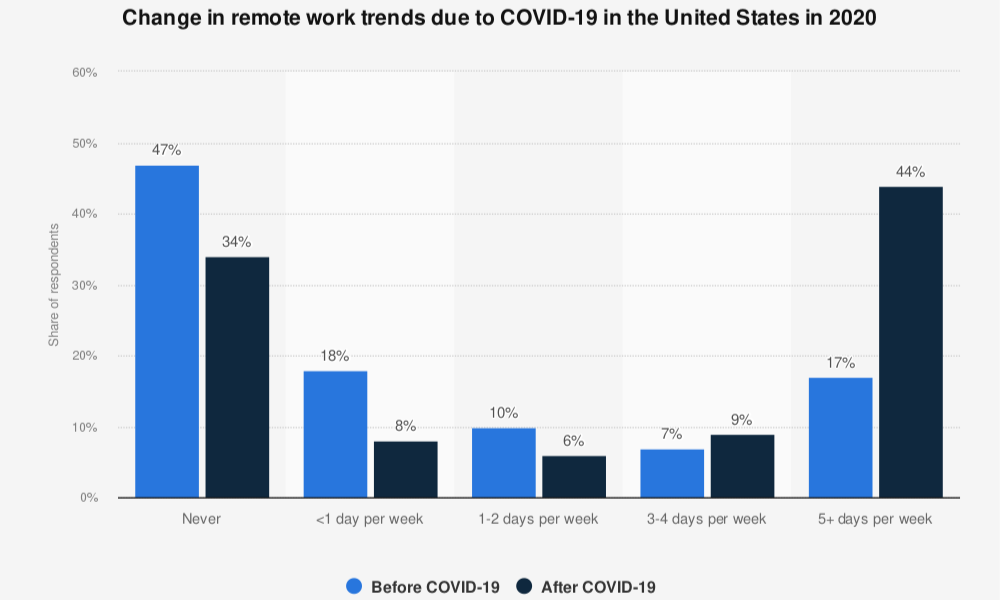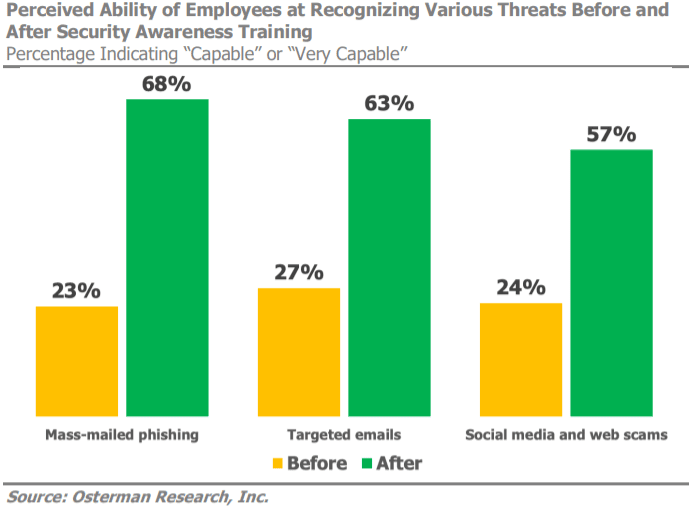
The Importance of Employee Screening in Remote Tech Teams
With remote work becoming the new normal, the need for thorough employee screening has never been more critical. According to Buffer, 97% of employees desire some form of remote work, whether fully remote or hybrid. However, this shift also brings heightened security concerns. A survey by Shred-It revealed that 86% of C-level executives believe that the risk of data breaches is higher when employees work remotely.
Best Practices for Virtual Employee Screening in Remote Tech Teams
1. Comprehensive Background Checks
Conducting comprehensive background checks is a fundamental step in the virtual employee screening process. This includes verifying employment history, educational qualifications, and criminal records. According to a study by the Society for Human Resource Management (SHRM), 95% of employers conduct background checks as part of the hiring process. For remote tech teams, it is essential to verify that potential employees have the necessary technical skills and a clean track record.
2. Identity Verification
Identity verification is crucial to ensure that the person being hired is indeed who they claim to be. Remote hiring processes can sometimes bypass traditional in-person verification, making it easier for fraudulent identities to slip through. Utilizing tools like video interviews and identity verification software can help mitigate this risk. According to research from LexisNexis, businesses that implement proper identity verification technology can significantly mitigate the risk of identity fraud.

3. Technical Skill Assessment
For remote tech teams, assessing technical skills is paramount. Online coding tests, technical interviews, and project-based assessments can provide a clear picture of a candidate's capabilities. HackerRank's 2020 Developer Skills Report found that 40% of recruiters rely on online coding assessments to evaluate the technical skills of candidates. This practice not only ensures that the candidate has the required skills but also helps in maintaining a high standard of work within the team.
4. Reference Checks
Reference checks offer valuable insights into a candidate's past performance and work ethic. Speaking to previous employers and colleagues can reveal potential red flags that may not be evident through resumes and interviews alone. A CareerBuilder survey indicated that 70% of employers use reference checks as part of their screening process. This step is particularly important for remote roles, where direct supervision is limited.
5. Security Awareness and Training
Once an employee is onboarded, continuous security awareness and training are essential. Remote tech teams should be educated on the importance of cybersecurity practices such as strong password policies, recognizing phishing attempts, and secure data handling. According to a report by IBM, human error is responsible for 95% of cybersecurity breaches. Regular training can significantly reduce this risk.

6. Use of Secure Communication Tools
Ensuring that all communication and collaboration tools used by remote tech teams are secure is critical. Tools like encrypted messaging apps, VPNs (Virtual Private Networks), and secure cloud storage solutions can help protect sensitive information. A report by Grand View Research indicates that the global cyber security market, which includes secure communication tools, was valued at $222.66 billion in 2023 and is projected to grow at a compound annual growth rate (CAGR) of 12.3% from 2023 to 2030.
The Role of Technology in Enhancing Screening Processes for Remote Tech Teams
Advancements in technology have significantly improved the efficiency and effectiveness of virtual employee screening for remote tech teams. Artificial intelligence (AI) and machine learning algorithms can analyze vast amounts of data to identify patterns and anomalies that may indicate potential security risks. According to a report by Deloitte, the use of AI in employee screening can reduce the time spent on background checks by up to 50%.
Blockchain technology is another emerging tool in the employee screening landscape. Blockchain can provide immutable and transparent records of a candidate's education, employment history, and certifications, making it harder for candidates to falsify information.
Final Words
As remote work continues to grow, ensuring the security of remote tech teams through effective virtual employee screening becomes increasingly important. By implementing comprehensive background checks, identity verification, technical skill assessments, reference checks, and ongoing security training, companies can mitigate the risks associated with remote work. Ensuring security in remote tech teams is not just about protecting company data; it's about fostering a culture of trust and reliability that empowers employees to perform at their best.
At Strategic Connection, we specialize in helping small to medium-sized businesses across various industries. Check out our services and let us know if we can be of any help.